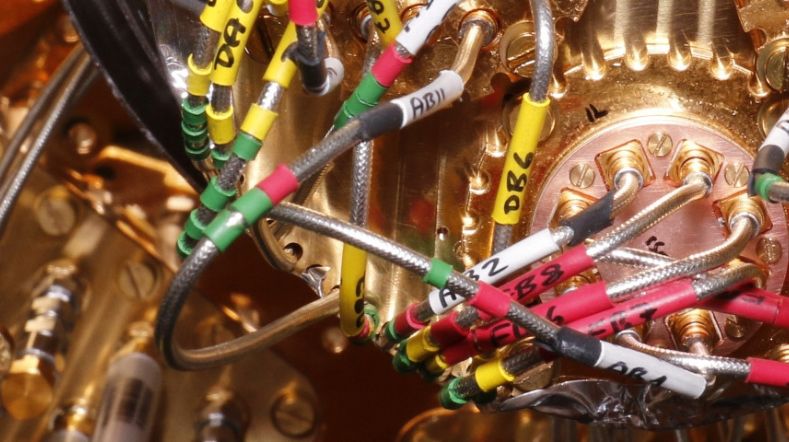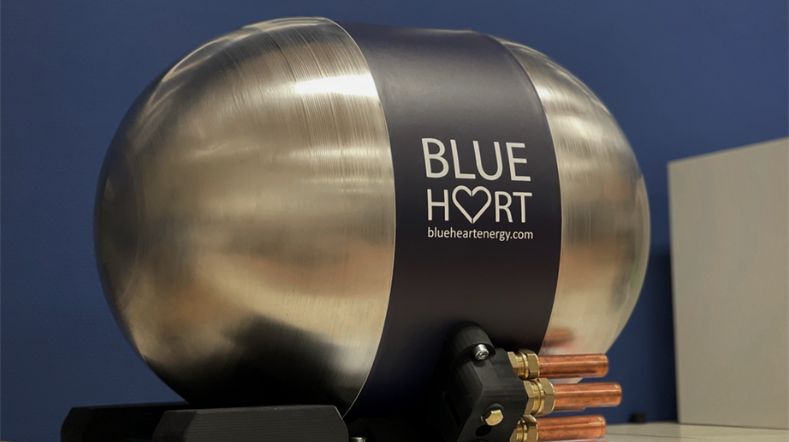
TNO Ventures
TNO's Ventures programme ensures that society and business can benefit from our technological innovations as quickly as possible by bringing products and services to the market, for example by setting up spin-off companies. We invite entrepreneurs, (private) investors and venture builders to join us.
Read more about TNO Ventures
The innovation ecosystem
When technological innovations reach the right level of maturity, researchers can join forces with investors, start-ups, scale-ups, and partners to launch their technology in the market. Through the TNO Ventures programme we gather the right stakeholders together to bring innovations to life and make a direct impact on society. And, in doing so, we create future earning capacity for the Netherlands.
From tech to spin-off
In the TNO Ventures programme we look at whether we can turn an internal technology into a new company. Or that we can arrange a licensing agreement for an existing company. Within projects, we conduct market research, draw up a business plan and make agreements. After successfully completing the TNO Ventures programme, there is a spin-off with a validated value proposition and a business plan. Including a dedicated team and the latest technology with intellectual property rights.
A selection of our portfolio spin-off companies
Online tutorials for TNO Ventures success
Get inspired
Gas production shows a slower decline than in the past decade


Biobased plasticizers: from compliance to competitive edge


Microplastics in clothing


Japanese DNP opens Dutch R&D hub in partnership with TNO


TNO’s Unit Defence, Safety & Security strengthens ties with South Korea






